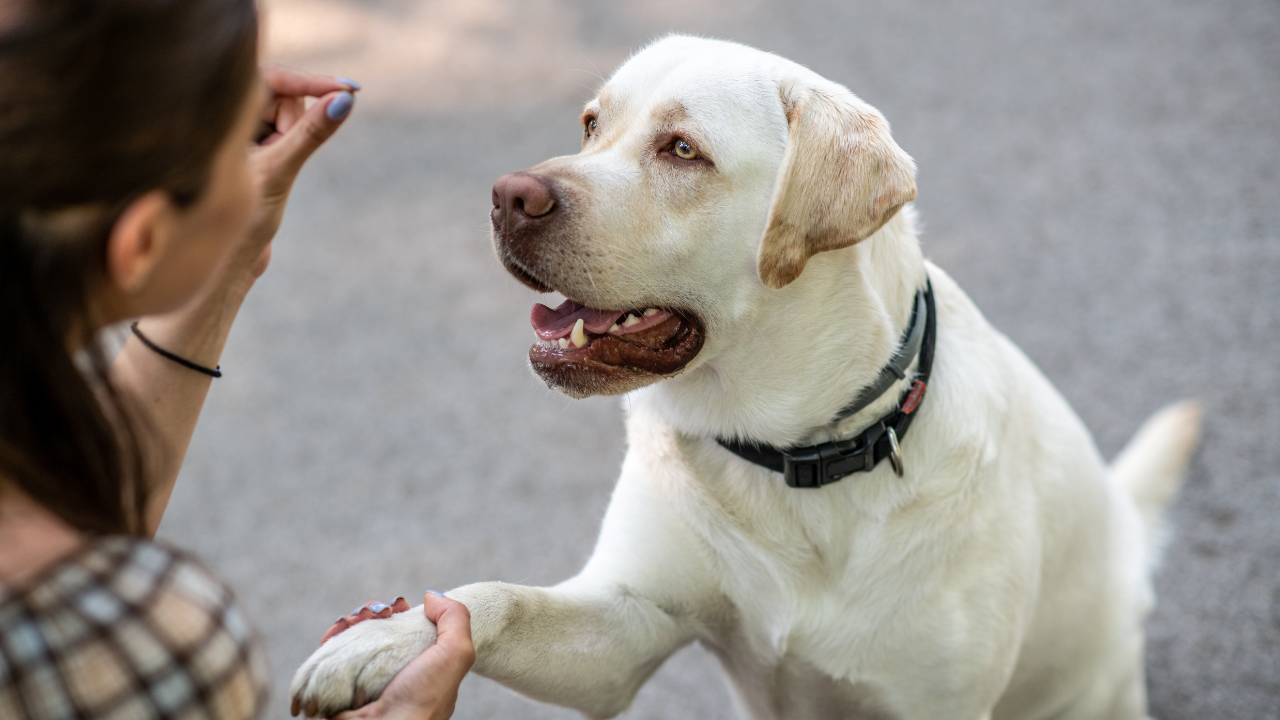The Importance of Patience and Consistency in Training Your Rescue Dog

Training a rescue dog can be a fulfilling yet challenging endeavor. While every dog is unique, one thing remains constant: the importance of patience and consistency. In this guide, we'll explore why patience and consistency are crucial when training your rescue dog, and we'll provide practical tips to help you achieve success.
1. Understanding Your Dog's Background
Before diving into training, take the time to understand your rescue dog's background. Many rescue dogs come from different environments and may have had varying levels of training (or none at all). By learning about your dog's past experiences, you can tailor your training approach to suit their individual needs.
2. Patience: The Key to Building Trust
Patience is the cornerstone of effective dog training, especially for rescue dogs who may have experienced trauma or neglect. Building trust takes time, and rushing the process can lead to setbacks. Be patient with your dog as they adjust to their new surroundings and gradually introduce training exercises at a pace that feels comfortable for them.
3. Consistency: Establishing Clear Expectations
Consistency is essential for helping your rescue dog understand what is expected of them. Establish clear rules and boundaries from the start, and be consistent in enforcing them. Use the same cues and commands consistently, and reward desired behaviors promptly to reinforce positive habits.
4. Positive Reinforcement: Fostering a Positive Learning Environment
Positive reinforcement training techniques, such as treats, praise, and rewards, are highly effective for training rescue dogs. Focus on rewarding desired behaviors rather than punishing mistakes. This creates a positive learning environment and strengthens the bond between you and your dog.
5. Break Tasks Into Manageable Steps
Break training tasks into manageable steps to prevent overwhelming your rescue dog. Start with simple commands and gradually increase the difficulty as your dog becomes more proficient. Celebrate small victories along the way to keep your dog motivated and engaged.
6. Set Realistic Expectations
Set realistic expectations for your training sessions and be patient with your dog's progress. Every dog learns at their own pace, and it's important not to compare your dog's progress to others. Celebrate their achievements, no matter how small, and focus on the journey of improvement.
7. Use Patience During Setbacks
Setbacks are a normal part of the training process, especially for rescue dogs who may have underlying behavioral issues. When setbacks occur, remain patient and avoid becoming frustrated or discouraged. Reassess your training approach, seek guidance from a professional if needed, and continue working with your dog with patience and persistence.
8. Incorporate Mental and Physical Exercise
In addition to obedience training, incorporate mental and physical exercise into your dog's routine. Mental stimulation through puzzle toys and obedience training helps keep your dog engaged and prevents boredom, while regular physical exercise helps release excess energy and promotes overall well-being.
9. Seek Professional Guidance When Needed
If you're struggling with training or encountering behavioral issues that seem insurmountable, don't hesitate to seek professional guidance from a certified dog trainer or behaviorist. They can provide personalized advice and support to help you overcome challenges and achieve your training goals.
10. Celebrate Progress and Enjoy the Journey
Finally, remember to celebrate your dog's progress and enjoy the journey of training together. Every milestone reached is a testament to your hard work and dedication, and the bond you form with your rescue dog through training is invaluable.
By prioritizing patience and consistency in your training efforts, you can help your rescue dog reach their full potential and strengthen the bond between you for years to come.